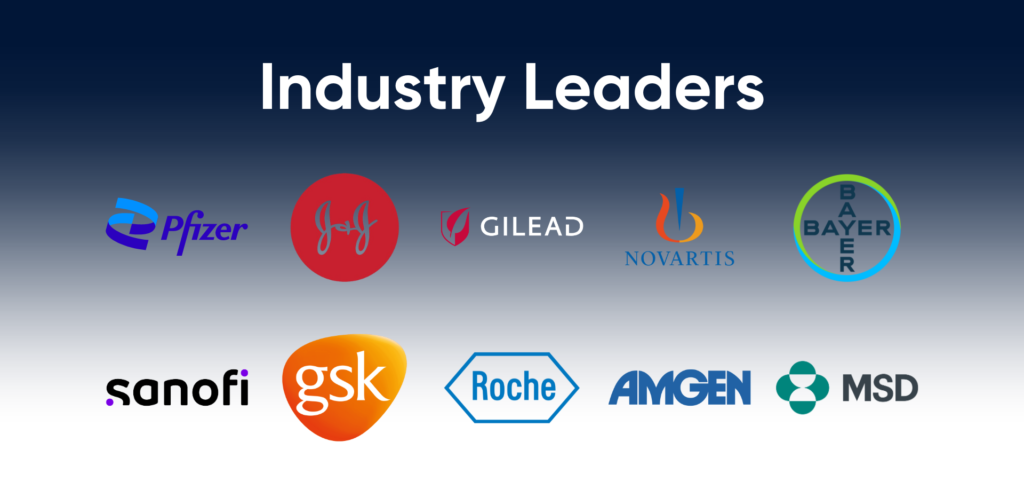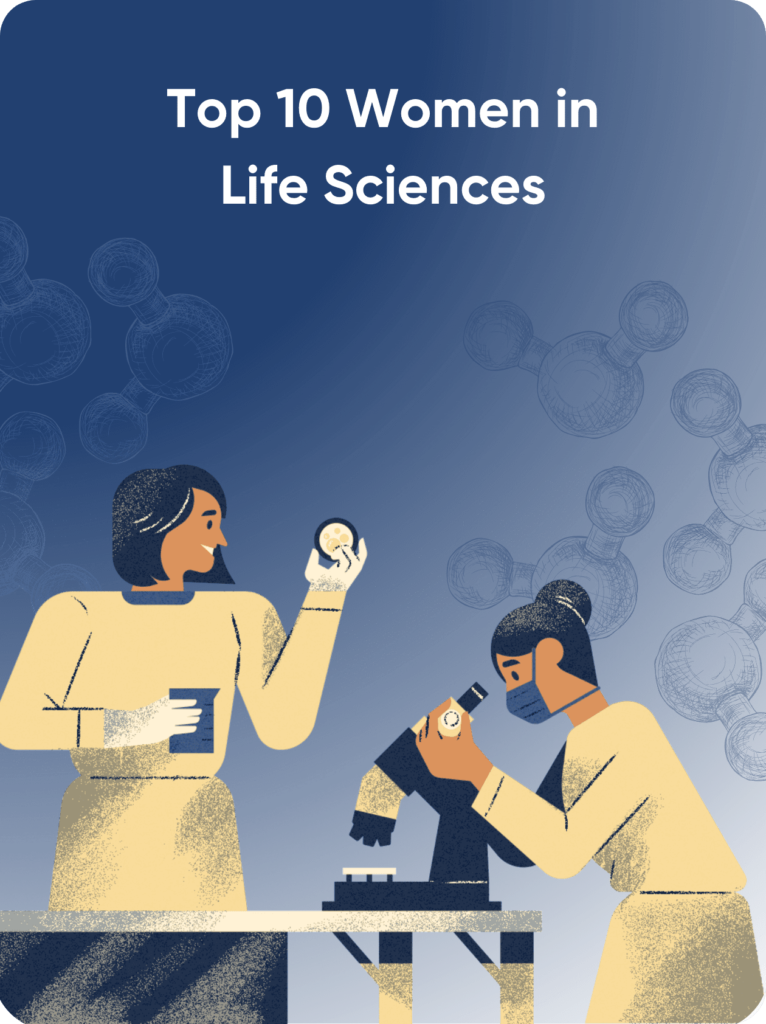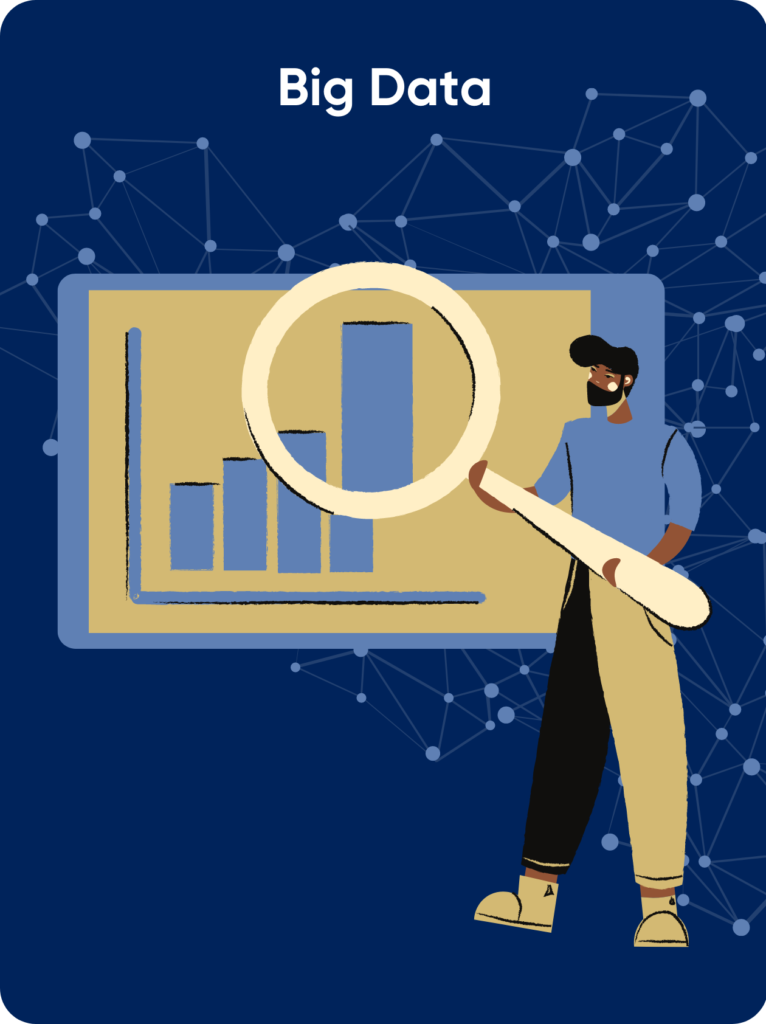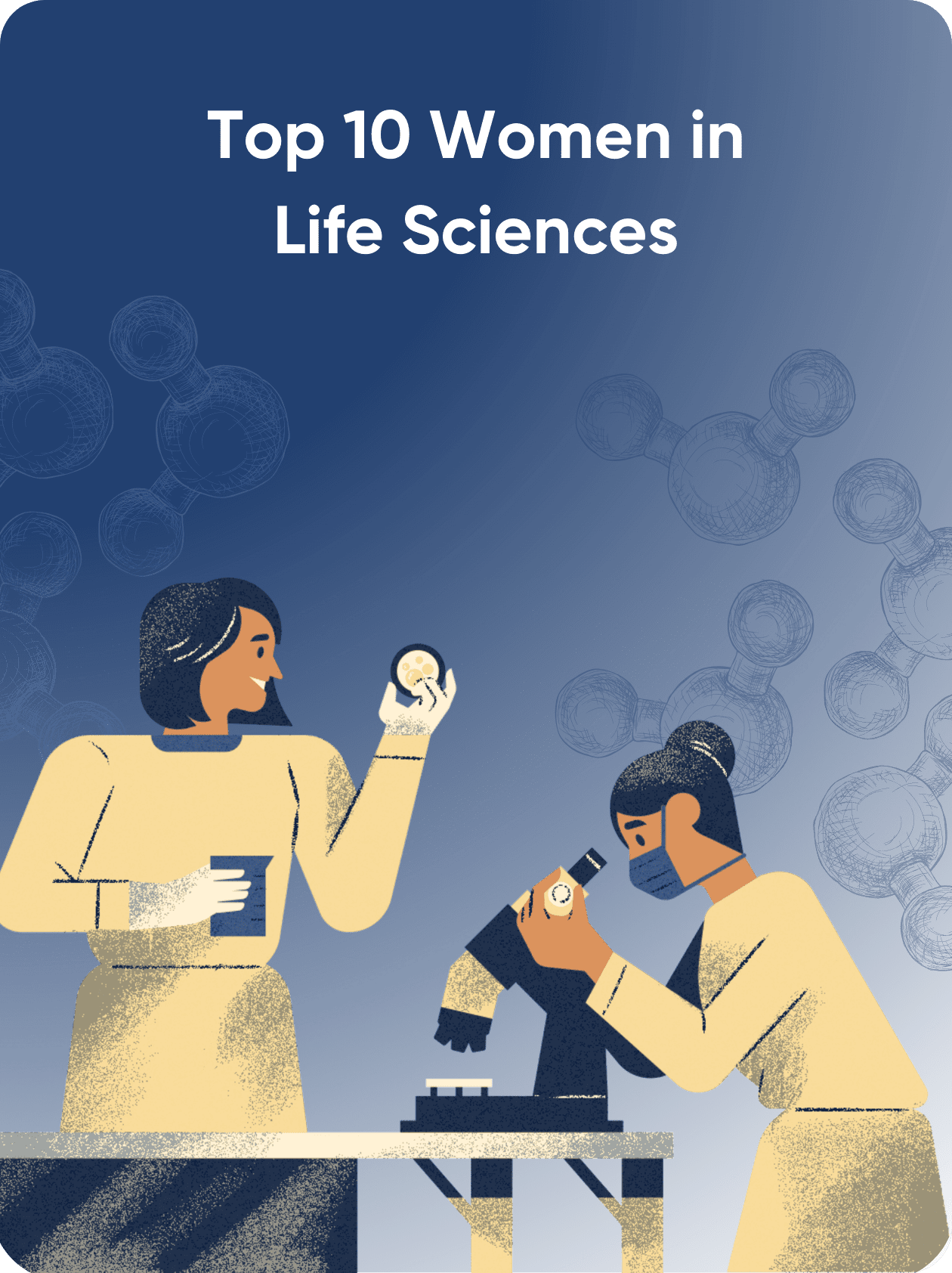
Top Pharma Companies Using AI & ML - Exploring Digitalization Solutions
19/06/2023
Healthcare & Life Science
Artificial intelligence (AI) and Machine Learning (ML) are expanding in the pharma industry. The major use of AI can be observed in pharmaceutical and biomedical fields. It is predicted that by 2025, over half of all healthcare organisations worldwide will have adopted AI technology. The global pharmaceutical industry will use greater resources to find novel treatments. This will open up more data engineer jobs in the industry.
AI and ML tools are being used in the biomedical field for the following reasons:
- Precise laboratory and scientific testing
- Forecast the best disease diagnosis
- Treat patients
AI provides a wide range of opportunities and will open many data engineer jobs in the industry. It speeds up the process along with improving the workflow. In this blog, we want to delve beyond the benefits of AI and understand digitalisation solutions. We will focus more on the AI trends that are present in this expanding healthcare sector. Now, let’s move on to the main topic and see how top companies will use AI and Machine Learning jobs.
Pfizer
- Pfizer in collaboration with IBM is attempting to integrate AI technology. The organisation hopes to obtain millions of medical records with the use of the cloud-based IBM Watson technology. This will be done to identify early cancer signs and develop cutting-edge treatments.
- In the future, there is a possibility that AI can be used to predict regulatory queries by Pfizer. This is possible as AI can expect the questions and this would give them extra time to prepare for responses. Anticipating regulatory response saves not only money but also time. The procedure for filings takes weeks so this will be more valuable for businesses when dealing with regulators.
Johnson & Johnson (J&J)
- After collaborating with IBM’s Watson Health, Johnson & Johnson began integrating AI in 2016. IBM Watson is a cloud platform using AI that is intended to process massive amounts of healthcare data. It responds to experts in natural language with proof-based arguments. The organization is currently working to develop new medications, therapies, and surgical techniques.
- Also, J&J is making significant investments in the advancement of precision medicine. The business wants to offer individuals more individualized healthcare services. This will be based on their genetic profiles by using AI and ML. Thus, this will contribute to better patient outcomes and lower healthcare expenditures.
- J&J keeps funding ongoing digital projects to seize digital opportunities. They are focusing more on digitalization solutions. For instance, J&J employs IoT to smoothly track product distribution and patient interactions.
Roche
- Roche has been enhancing its drug development processes with AI technologies.
- In 2018, Roche acquired Flatiron Health. Roche supplied data for more efficient analysis of cancer illnesses.
- In 2019, the organization and its subsidiary Genentech began predictive analytics.
- Roche worked with IBM and Sensyne Health to conduct clinical trials.
Novartis
- To develop a company-wide data and analytics platform, Novartis stated in 2019 that it would. The collaboration aimed to integrate real-time data analytics into Novartis’ operations. The pharmaceutical company was able to improve operations. The company could make more informed business decisions thanks to this new alliance.
- A second partnership with Microsoft led to the creation of an AI Innovation Lab.
Bayer
- A UK-based AI-driven drug discovery business and Bayer entered a multi-target collaboration in January 2020. The two companies will collaborate on early research initiatives. Their goal is to find possible therapeutic candidates to treat cancer. The AI partnership has the potential to speed up the drug discovery process. This will further enhance productivity in drug development.
Sanofi
Exscientia and Sanofi collaborated to find therapeutic target combinations for metabolic diseases including diabetes.
Sanofi and Google established a new virtual Innovation Lab in June 2019. They will use deep analytics across data sets. This would provide opportunities for data engineer jobs. This relationship will help them to better understand important diseases and patient insights.
GlaxoSmithKline (GSK)
GSK has an internal artificial intelligence section. The company is using it for drug discovery.
To develop biological drugs – GSK teamed up with Google.
A founding member of the Alliance for AI in Healthcare (AAIH) is GSK.
Additionally, GSK is a participant in the MELLODY (Machine Learning Ledger Orchestration for Drug Discovery) project.
They entered into a collaboration with Cloud Pharmaceuticals, Inc which is an AI-driven drug design and development company. This collaboration is focused on artificial–driven medication design and development.
With a focus on innovation, GSK works with scientists from Nottingham and Strathclyde Universities. The project aims to use AI tools to improve synthetic chemistry.
Gilead Sciences
There is a strategic partnership between Gilead and stealthy start-up Insitro. Gilead will use the platform provided by Insitro to develop disease models for NASH. This will also help to identify targets.
Amgen
Amgen has invested in GNS Healthcare, a start-up in precision medicine.
Amgen joined MIT’s Machine Learning for Pharmaceutical Discovery and Synthesis Consortium.
Additionally, Amgen collaborates with machine learning company Owkin for medical research.
MSD
Merck (MSD), Accenture, and Amazon Web Services (AWS) established a cloud-based informatics research platform. This was done to increase productivity throughout the first stages of drug development.
A chatbot with AI was created by Merck Sharp & Dohme (MSD) Corp., a division of Merck & Co., Inc. Physicians can receive product and pathology information via the MSD Salute chatbot.

Think about it: these are the top pharmaceutical companies in the industry. They are already dominant in the market for pharmaceutical production. So why is it so important for them to invest in AI and ML technologies?
Technological advancement is the straightforward answer to this question. These companies are working to improve their industry’s competitiveness by exploring digitalization solutions.
With all these advancements, skilled people will be required to handle the operations. This will also open up so many new opportunities in the form of AI and Machine Learning jobs.
Browse more from Category name
-
 7 Pharma Movies & Series To Add To Your List09 May 2024 Healthcare & Life Science
7 Pharma Movies & Series To Add To Your List09 May 2024 Healthcare & Life Science -
 Top 10 Women Shaping Life Sciences Today25 Apr 2024 Healthcare & Life Science
Top 10 Women Shaping Life Sciences Today25 Apr 2024 Healthcare & Life Science -
 4 Ways Blockchain Will Change Pharma17 Aug 2023 Pharmaceuticals
4 Ways Blockchain Will Change Pharma17 Aug 2023 Pharmaceuticals -
 What is Big Data in Pharma?01 Aug 2023 Pharmaceuticals
What is Big Data in Pharma?01 Aug 2023 Pharmaceuticals -
 What are Xenobots?27 Jul 2023 Pharmaceuticals
What are Xenobots?27 Jul 2023 Pharmaceuticals



